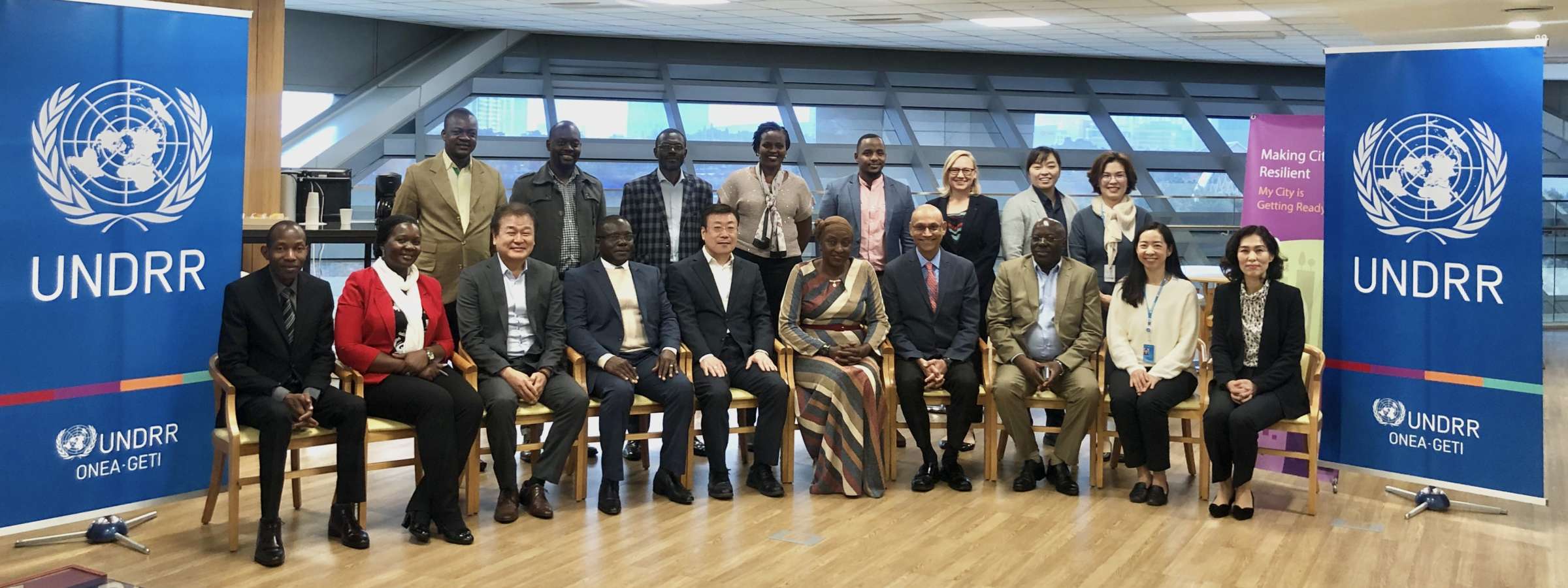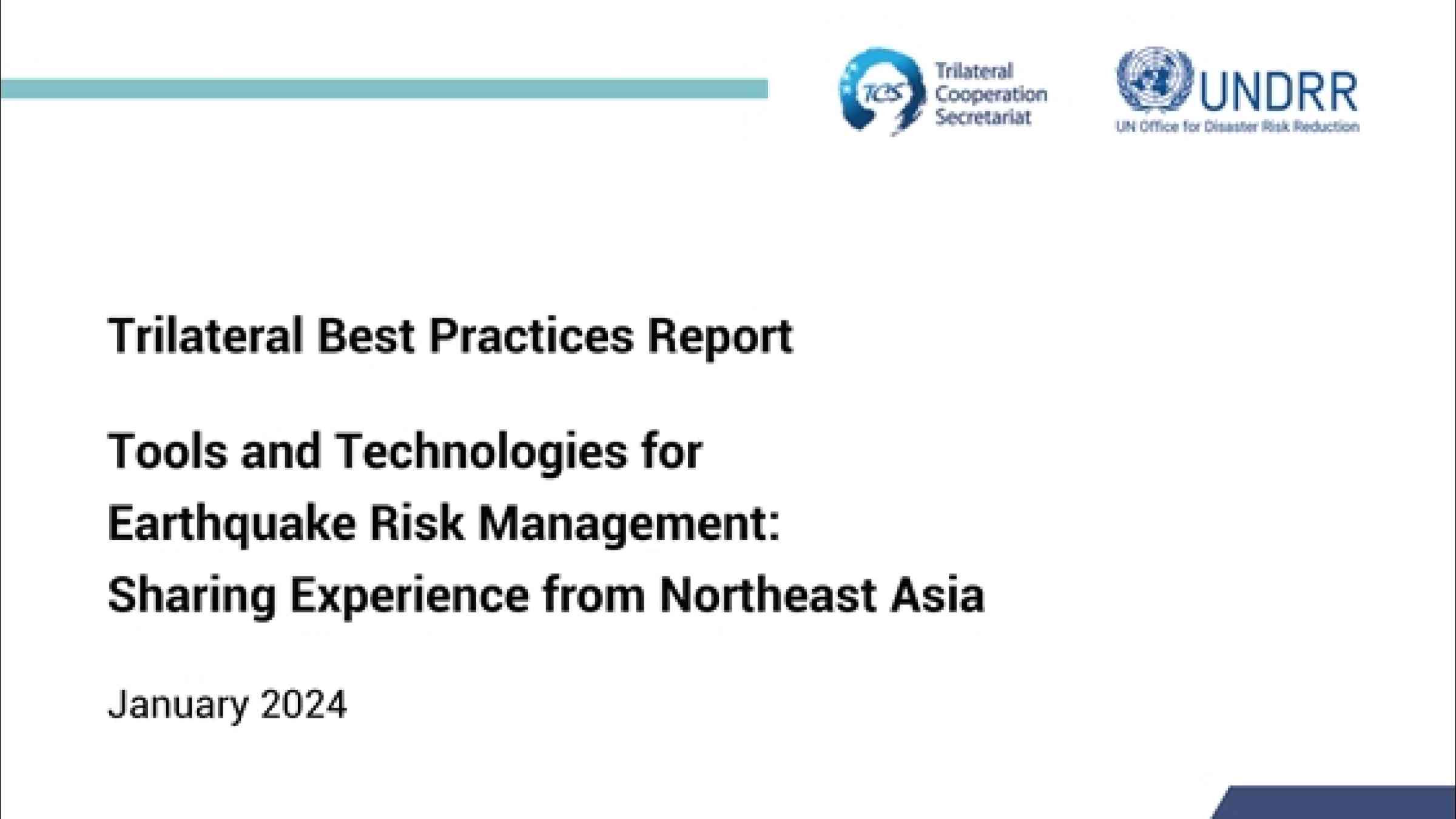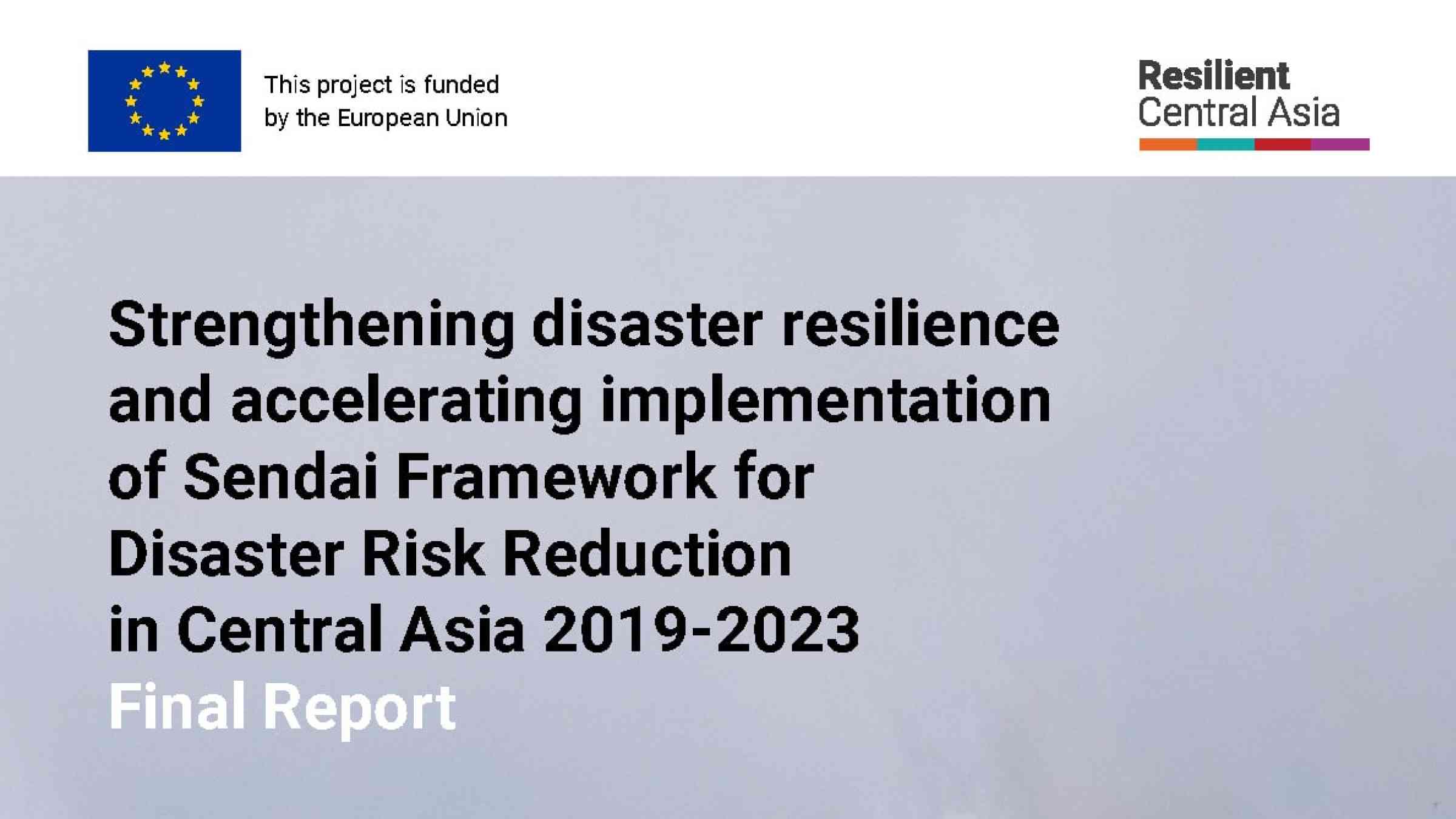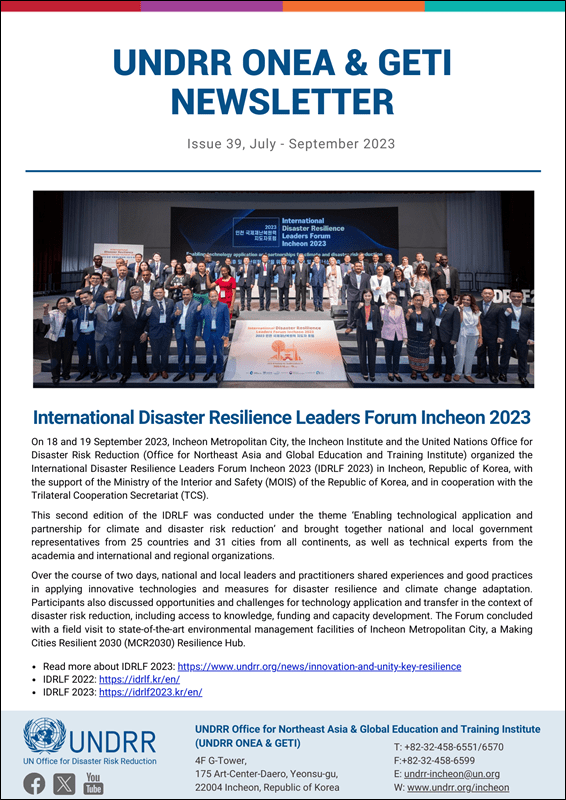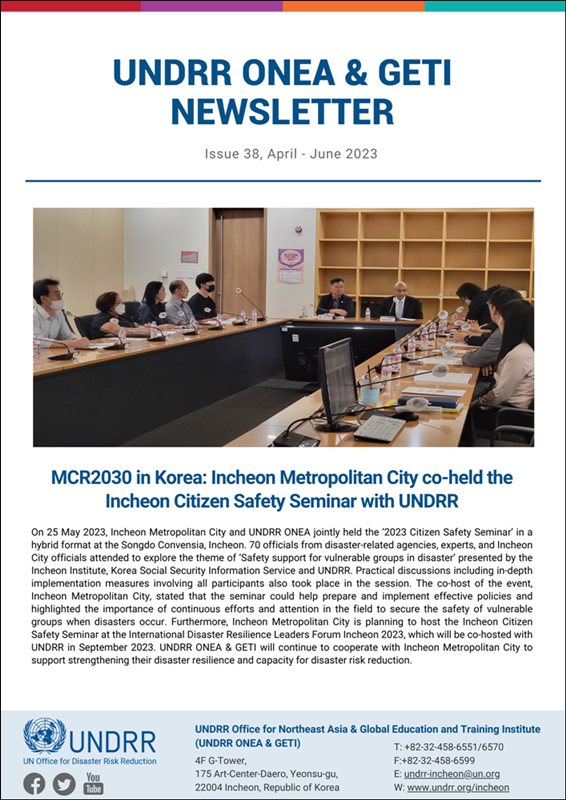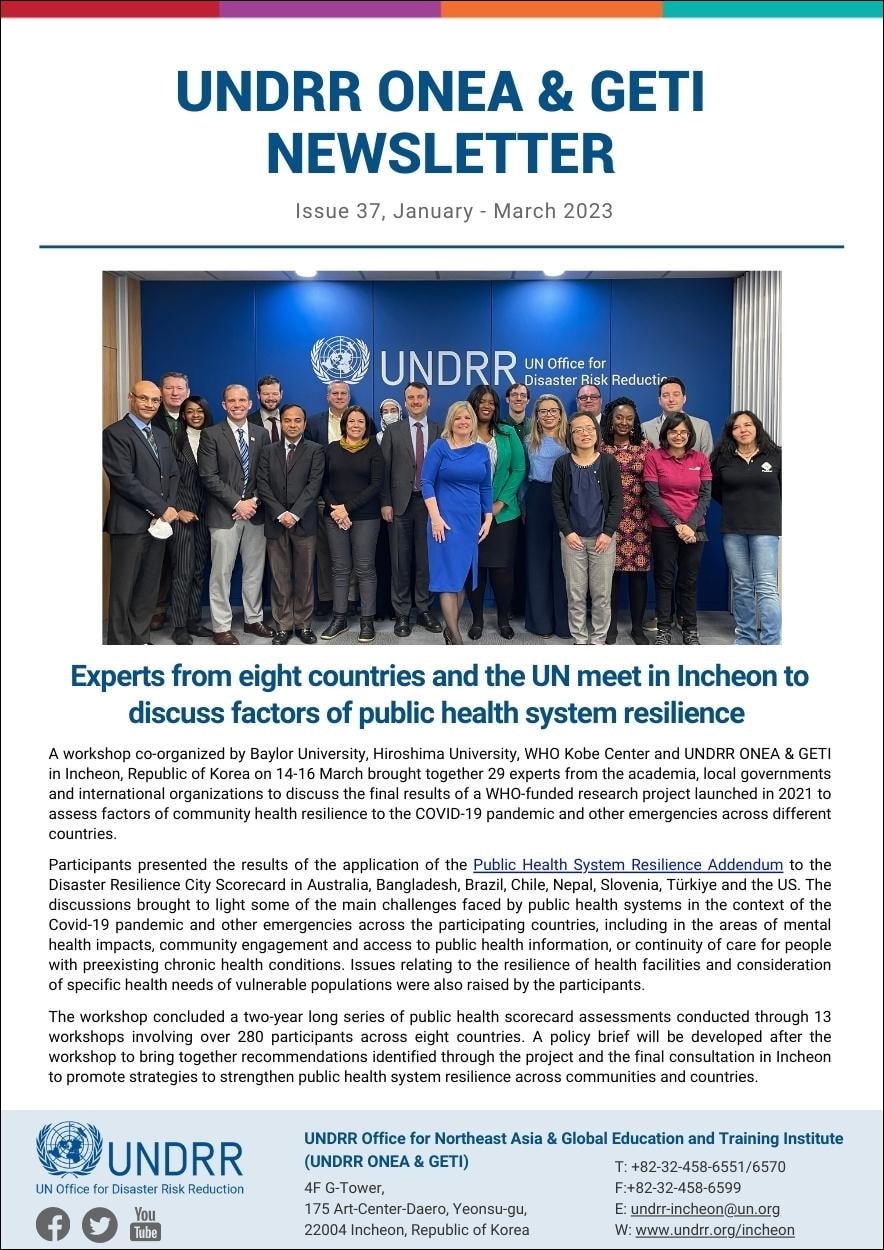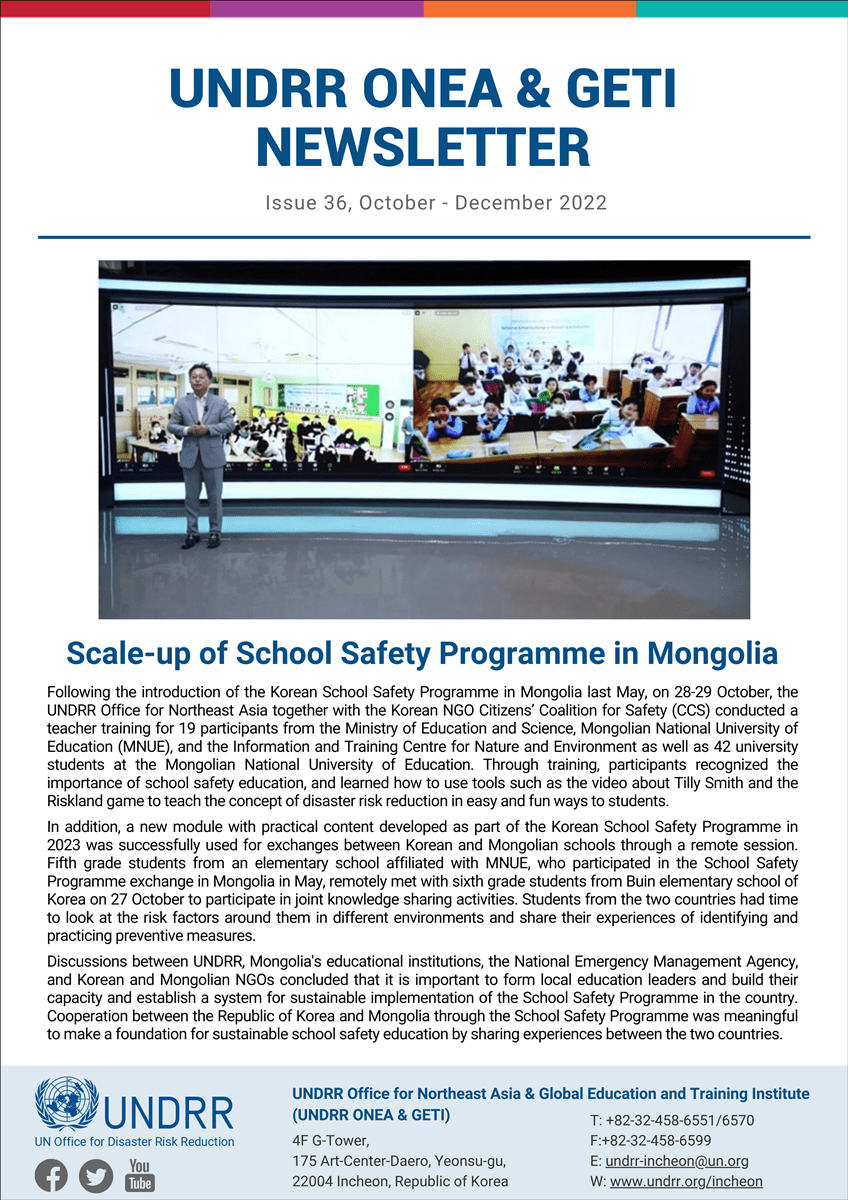Incheon
Reseña
Oficina del noreste asiático e Instituto de Educación y Capacitación Global
La oficina de UNDRR para el noreste asiático y el Instituto de Educación y Capacitación Global (UNDRR ONEA-GETI, por sus siglas en inglés) se instituyeron en 2010 con el propósito de desarrollar un nuevo cuadro de profesionales en los campos de la reducción del riesgo de desastres y la adaptación al cambio climático para establecer sociedades resilientes a los desastres.
ONEA-GETI también es la sede de la secretaría de la campaña titulada “Desarrollando Ciudades Resilientes”.
La Oficina de UNDRR para el noreste asiático (ONEA) presta apoyo a cinco países: República de Corea, China, Japón, Mongolia y República Popular Democrática de Corea, específicamente para reducir el riesgo y las pérdidas que ocasionan los desastres y para velar por la aplicación del Marco de Sendai para la Reducción del Riesgo de Desastres 2015-2030.
Por su parte, el Instituto de Educación y Capacitación Global (GETI) tiene como propósito materializar su mandato mundial de ofrecer asistencia al desarrollo de capacidades, a fin de apoyar la reducción del riesgo de desastres y la adaptación al cambio climático para lograr el desarrollo sostenible. GETI convoca y apoya el aprendizaje entre las ciudades para fortalecer la resiliencia (Desarrollando Ciudades Resilientes) y ofrece asistencia al aumento de capacidades y la socialización de buenas prácticas entre las instituciones de capacitación que trabajan con asuntos relacionados con la resiliencia a nivel nacional.
UNDRR ONEA & GETI
4F G-Tower
175 Art Center dae-ro, Yeonsu-gu
22004 Incheon, Republic of Korea
Phone: +82 32 458 6551/6570
Fax: +82 32 458 6598/6599
Email: [email protected]
Noticias
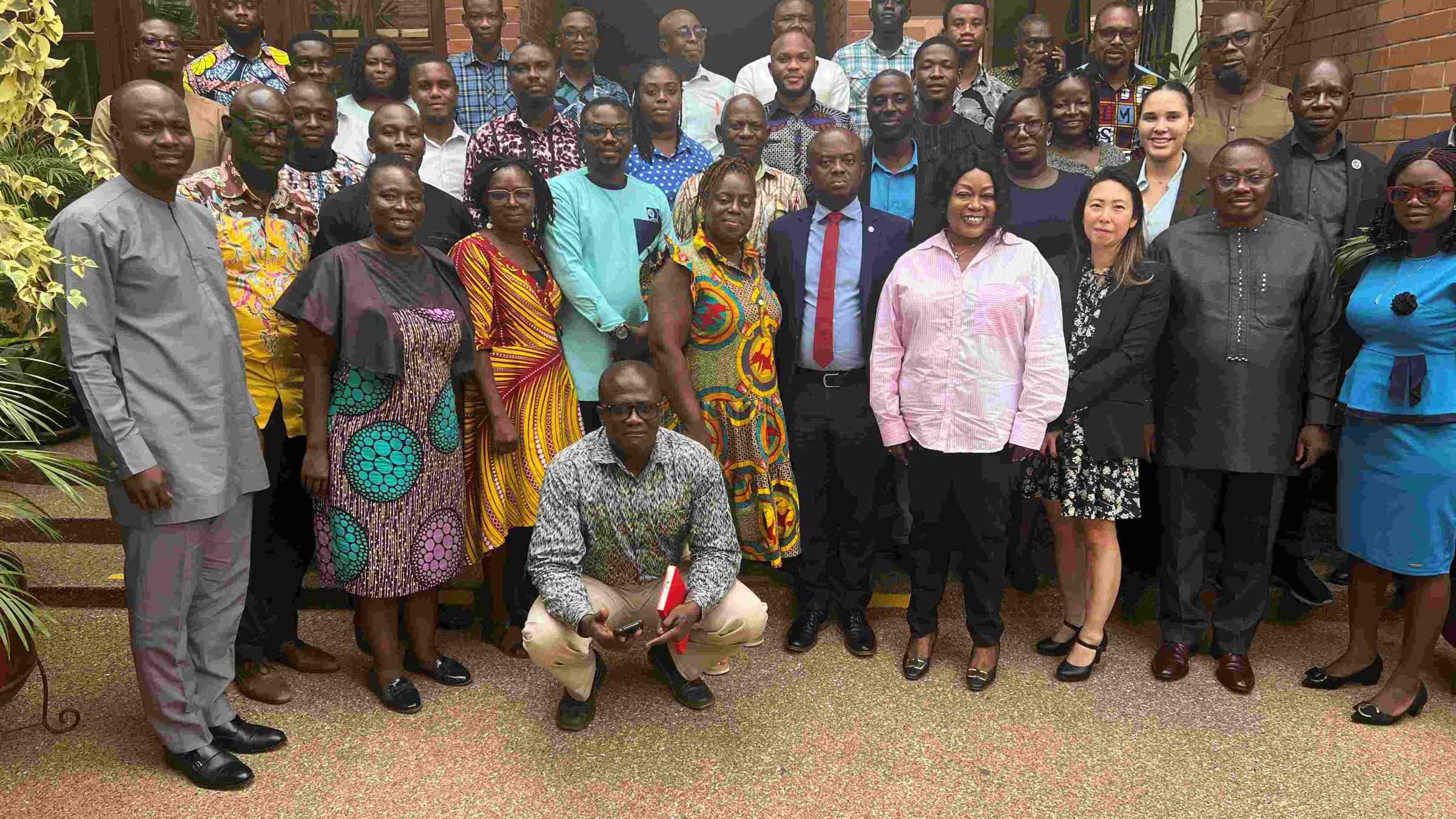

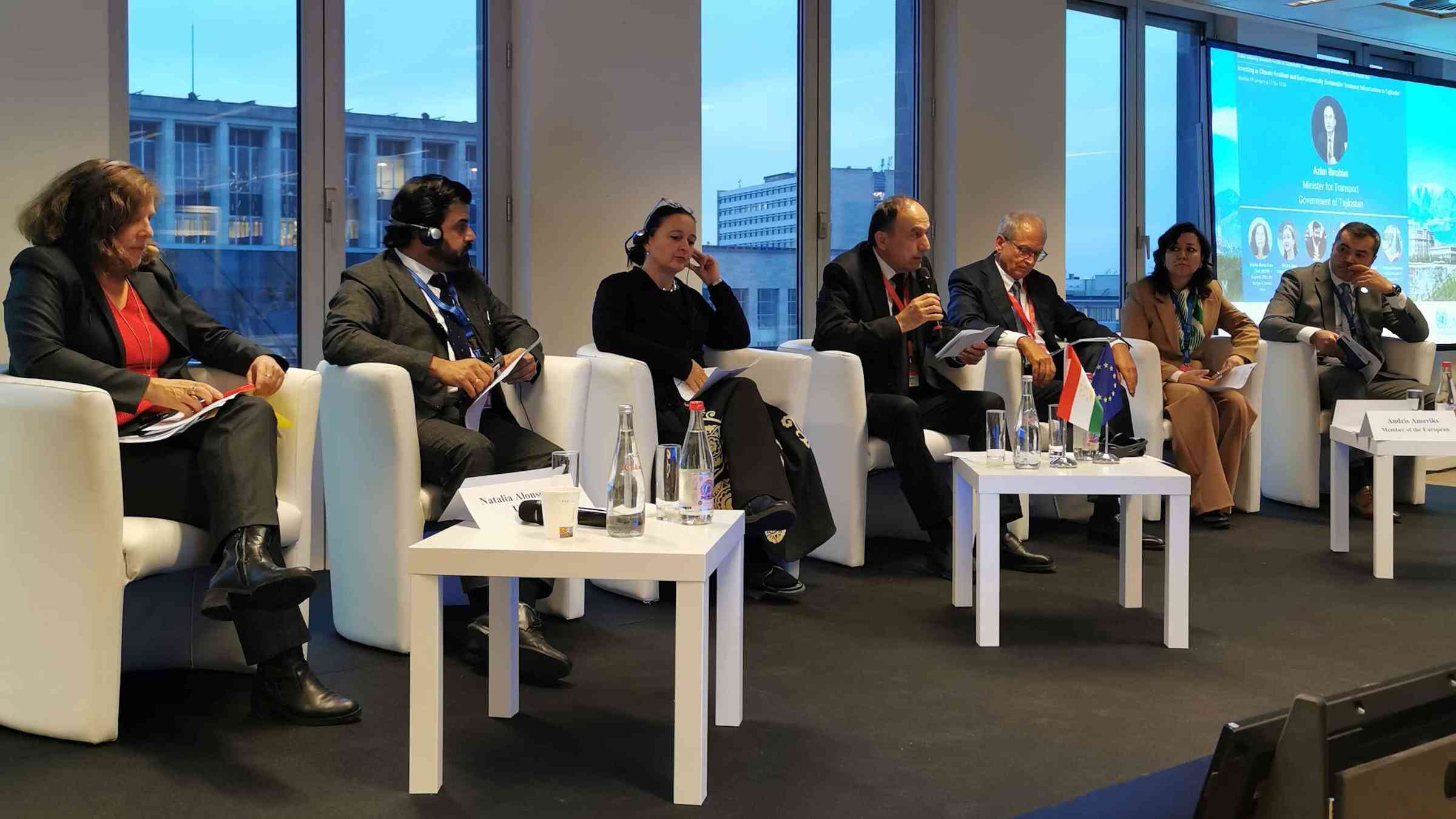
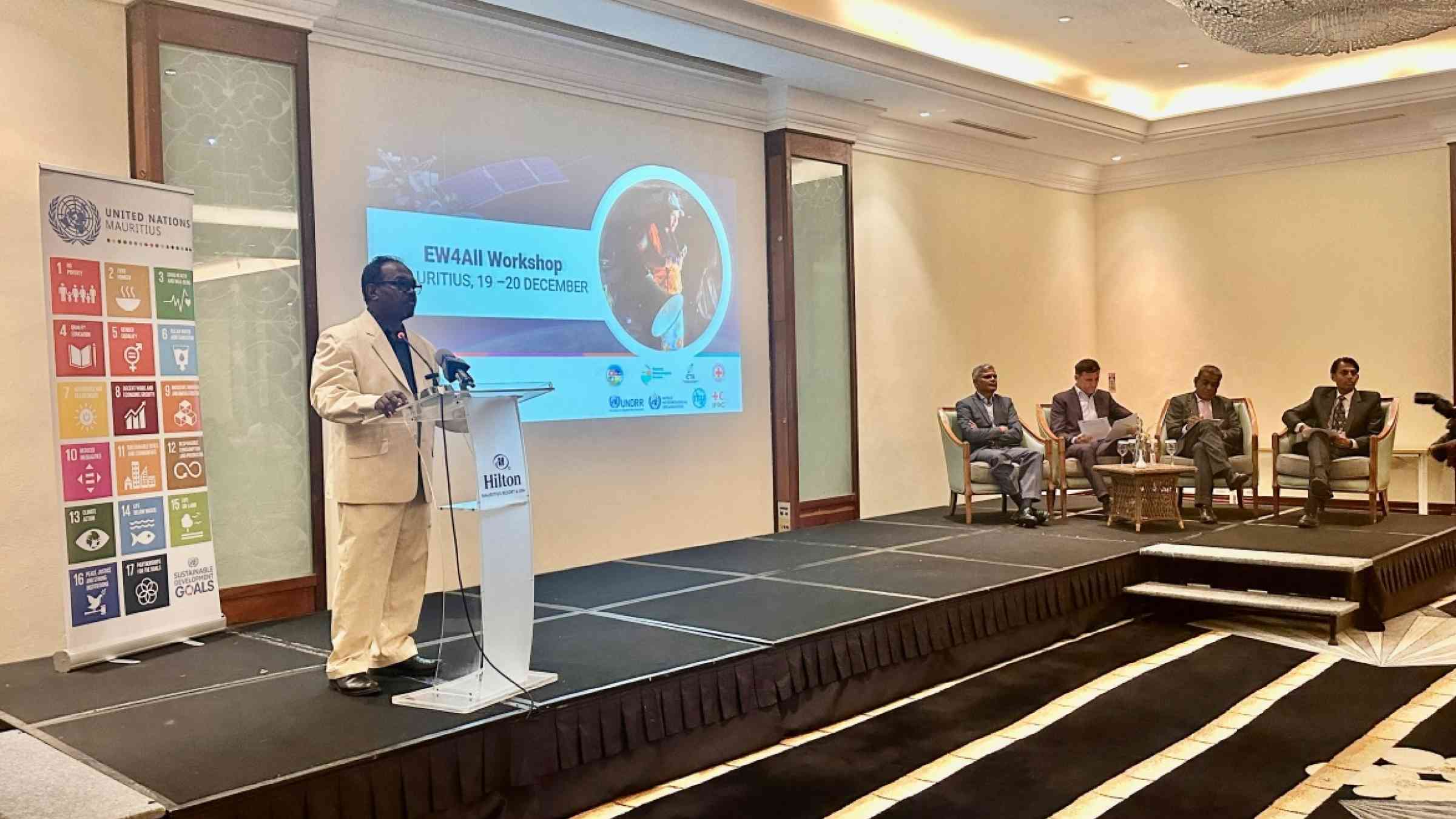
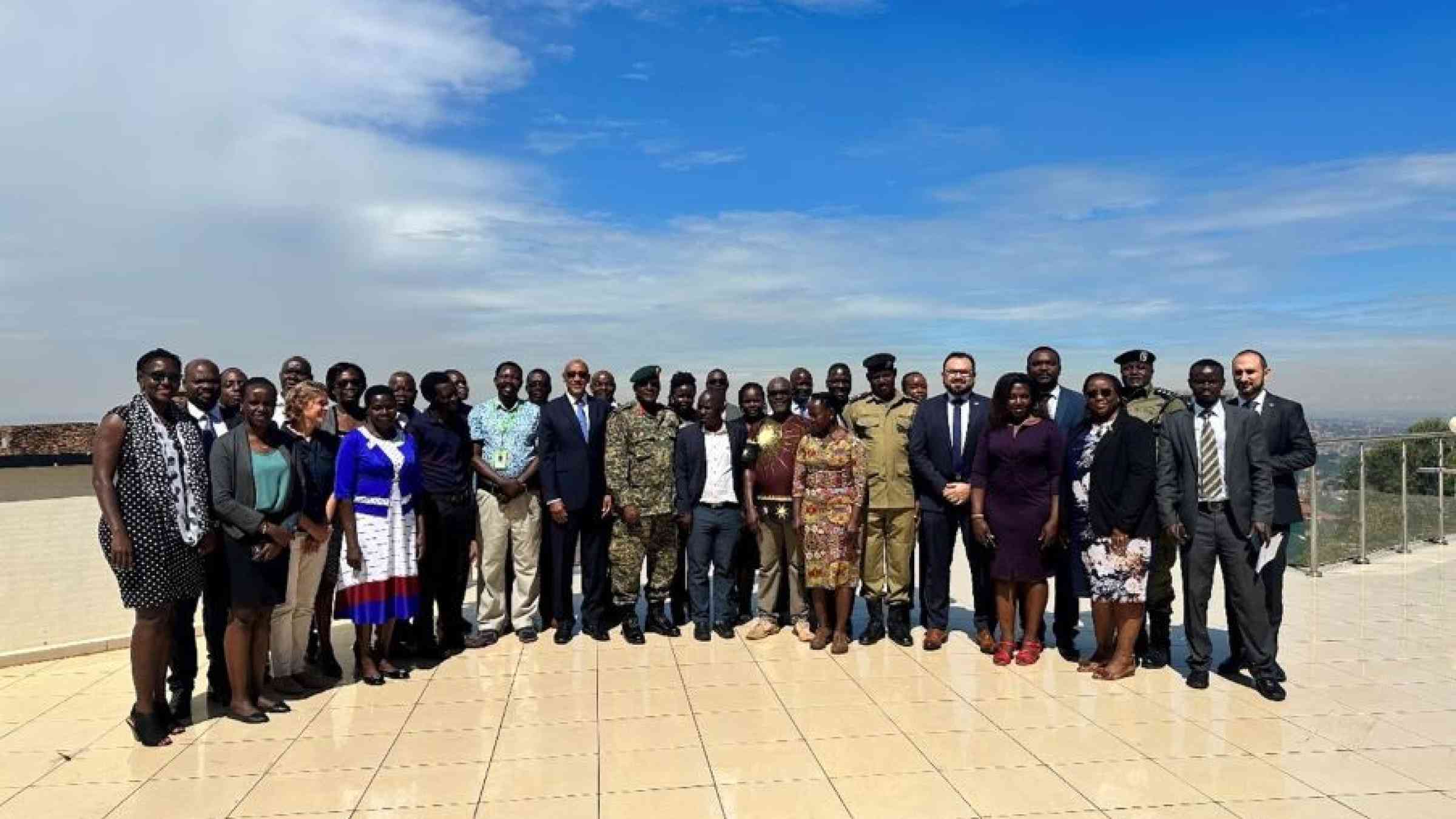
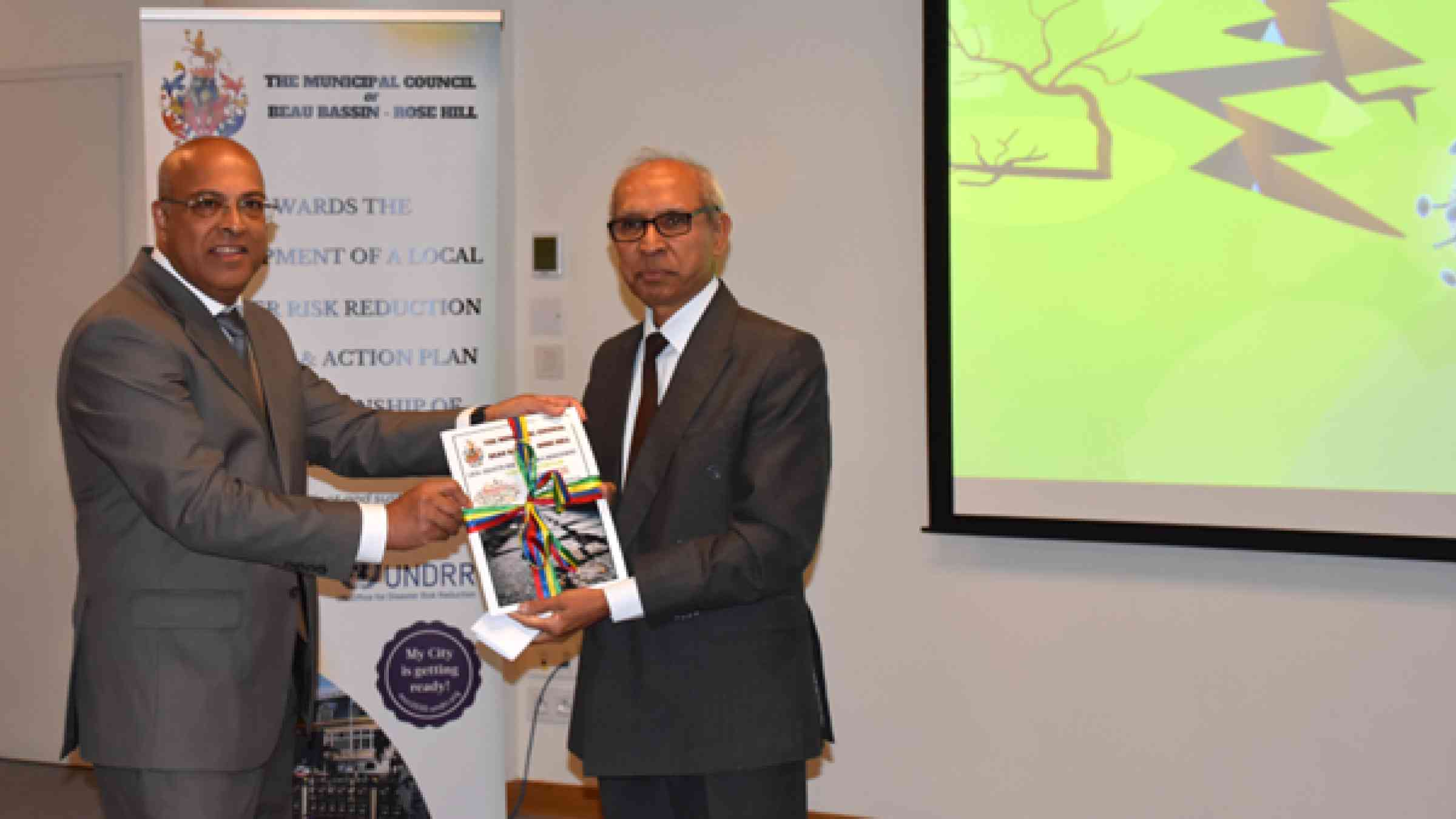
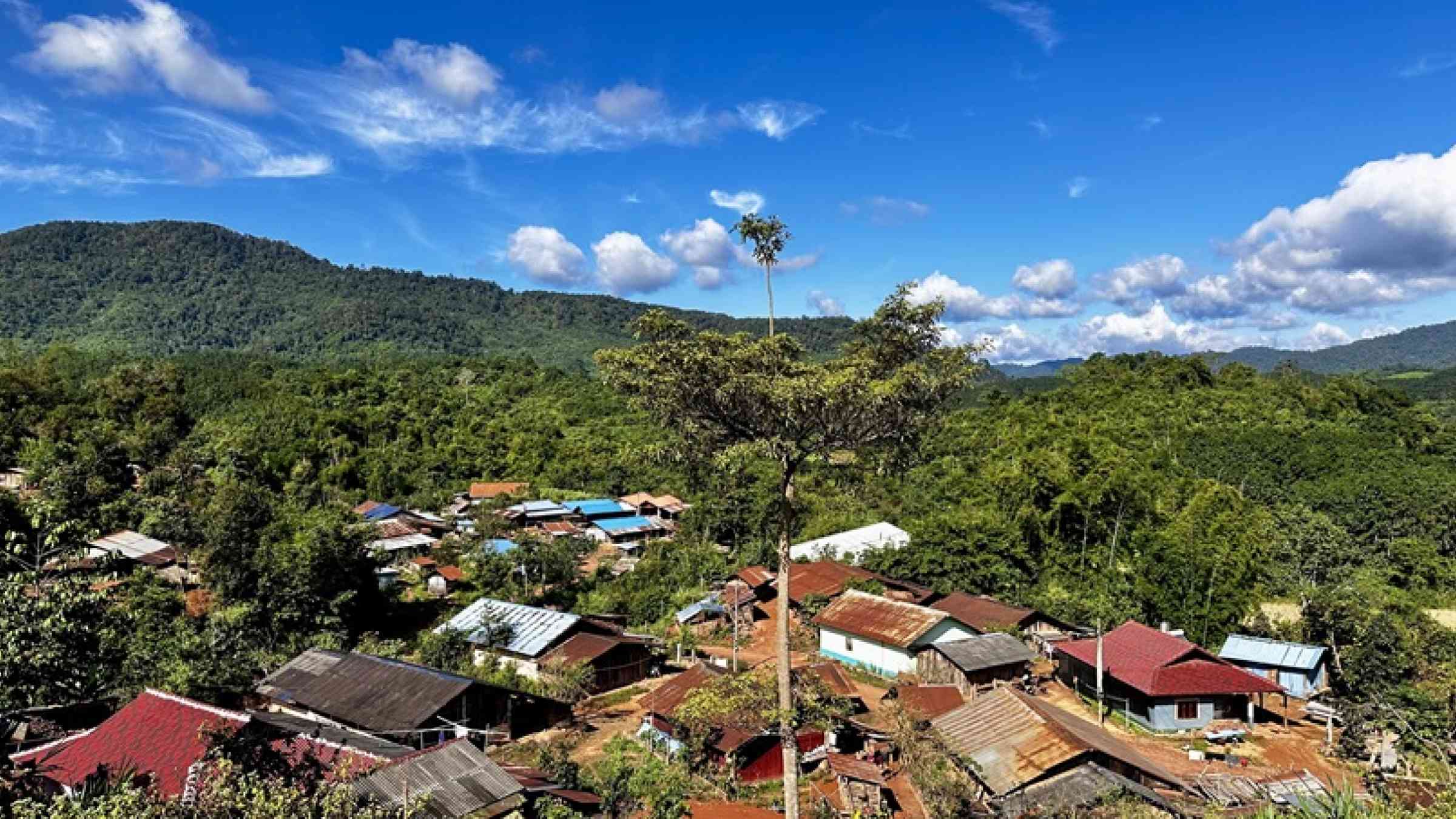

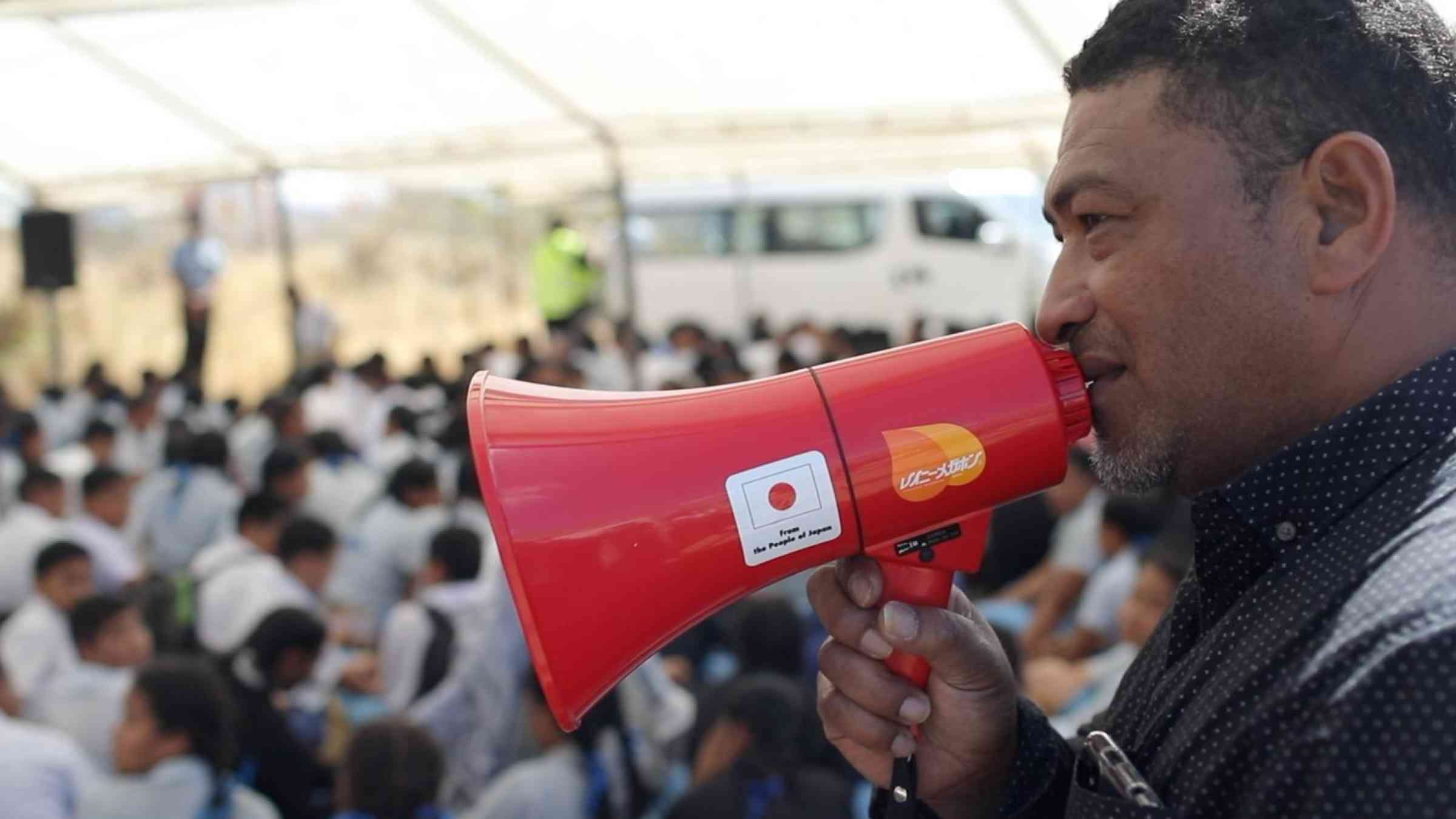
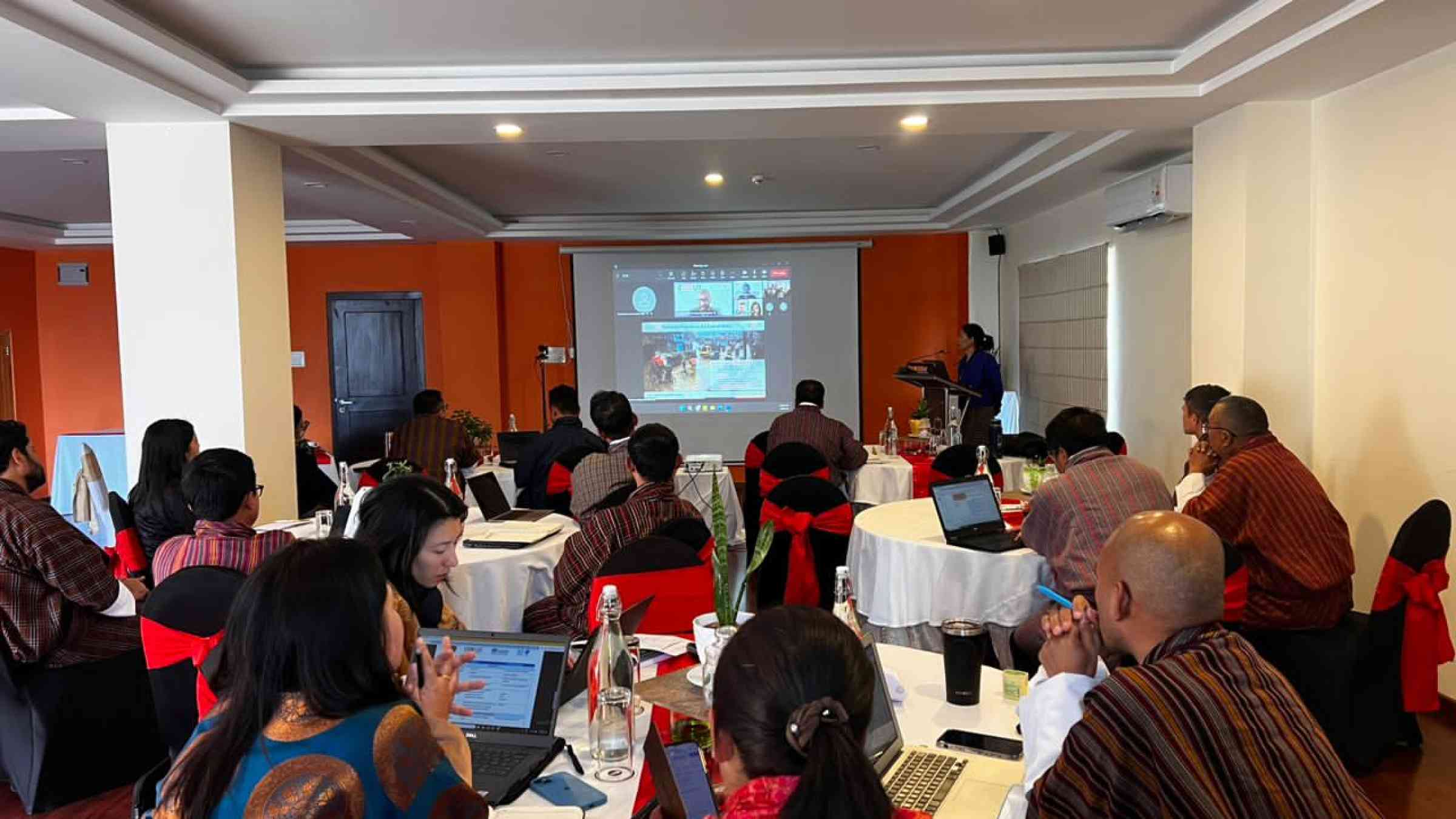
Pagination
Capacitación
Desarrollo de capacidades para la aplicación del Marco de Sendai:
UNDRR ONEA-GETI apoya la aplicación eficaz y coherente del Marco de Sendai para la Reducción del Riesgo de Desastres 2015-2030 entre diversos gobiernos, líderes de ciudades, el sector privado, universidades, la comunidad científica, ONG y organizaciones internacionales.
Comuníquese con nosotros para obtener más información sobre nuestros cursos adaptados y personalizados: [email protected]
Consulte muestras de nuestros cursos:
Calendario de Eventos
Desarrollando ciudades resilientes
La campaña titulada Desarrollando Ciudades Resilientes: “¡Mi ciudad se está preparando!” se lanzó en mayo de 2010 y aborda temas relacionados con la gobernabilidad local y el riesgo urbano, a fin de ayudar a los gobiernos locales a reducir el riesgo y a aumentar la resiliencia urbana.
Aunque está dirigida por UNDRR, la campaña es de motivación propia y recibe el impulso de las alianzas de trabajo establecidas y las iniciativas de las ciudades.
La campaña, que apoya acciones locales y proactivas para lograr una urbanización sostenible, ofrece soluciones y herramientas para los gobiernos y otros actores locales, a fin de que puedan identificar vacíos en su resiliencia y aumenten sus capacidades financieras, técnicas y basadas en el conocimiento para la planificación del desarrollo y la gestión del riesgo. Al integrarse a la campaña, se forma parte de una alianza más amplia de ciudades resilientes en el ámbito mundial.
Obtenga más información sobre la campaña “Desarrollando Ciudades Resilientes”
Toolkits

A tool to identifying and understanding current and future risks / stress / shocks and exposure threats to both human and physical assets.
The Quick Risk Estimation (QRE) tool has been designed for the purposes of identifying and understanding current and future risks / stress / shocks and exposure threats to both human and physical assets. The QRE Tool is not a full scale risk assessment, rather a multi-stakeholder engagement process to establish a common understanding. Taking into account the actions or corrective measures already undertaken, the QRE will produce a dashboard-style risk assessment advising the risks and hazards to human and physical assets, impacts of identified main risks and associated perils on the specified location and/or particular asset.
The QRE tool uses the hazards classification outlined by the United Nations Office for Disaster Risk Reduction (UNDRR). The hazard indicators included in the QRE tool are aligned to the 10 Essentials for Making Cities Resilient Scorecard in the context of the Sendai Framework for Disaster Risk Reduction 2015 - 2030 and the Sustainable Development Goals.
QRE is currently available in English, Mongolian, Portuguese, Russian, Spanish and Thai

A tool for disaster resilience planning
United Nations Office for Disaster Risk Reduction with the support of European Commission, IBM, AECOM and other partners and cities participating in the Making Cities Resilient Campaign have updated the Disaster Resilience Scorecard for Cities.
The Scorecard provides a set of assessments that allow local governments to assess their disaster resilience, structuring around UNDRR’s Ten Essentials for Making Cities Resilient. It also helps to monitor and review progress and challenges in the implementation of the Sendai Framework for Disaster Risk Reduction: 2015-2030 and supports the baseline analysis for preparation of the disaster risk reduction and resilience strategies.
It offers the potential for scoring at two levels:
- Level 1: Preliminary level, responding to key Sendai Framework targets and indicators, and with some critical sub-questions. This approach is suggested for use in a 1 to 2 day city multi-stakeholder workshop. In total there are 47 questions indicators, each with a 0 – 3 score;
- Level 2: Detailed assessment. This approach is a multi-stakeholder exercise that may take 1 –4 months and can be a basis for a detailed city resilience action plan. The detailed assessment includes 117 indicator criteria, each with a score of 0 – 5.
Disaster Resilience Scorecard for Cities is currently available in more than 15 languages
Click HERE to Download Disaster Resilience Scorecard

An Addendum to the Disaster Resilience Scorecard for Cities
"Disaster Resilience Scorecard for Cities: Public Health System Resilience - Addendum" aims to strengthen and integrate coverage of the many aspects of public health issues and consequences of disasters that are not adequately emphasized in the original Disaster Resilience Scorecard for Cities ("the Scorecard"). While the more obvious health factors such as hospital services capacities and structural and non-structural safety are covered in the Scorecard (under Essential 8), other disaster-related public health issues have not been well addressed. This Addendum, promulgated by UNDRR, with the support of World Health Organization (WHO) and partners, aims to remedy this. The Addendum should be used in conjunction with the UNDRR Scorecard, and WHO’s Health Emergency and Disaster Risk Management (Health EDRM) Framework.
The Addendum is structured in sections around the same “Ten Essentials for Making Cities Resilient” as the Scorecard. It inevitably overlaps with the coverage of hospitals and food distribution in Essential 8 and can be regarded as an amplification of these.
- Integration of public health and governance (Essential 1);
- Integration of public health and disaster scenarios (Essential 2);
- Integration of public health and finances (Essential 3);
- Integration of public health and land use/building codes (Essential 4);
- Management of ecosystem services that affect public health (Essential 5);
- Integration of public health and institutional capacity (Essential 6);
- Integration of public health and societal capacity (Essential 7);
- Integration of public health and infrastructure resilience (Essential 8);
- Integration of public health and disaster response (Essential 9);
- Integration of public health and recovery/building back better (Essential 10).
In total, there are 23 questions/indicators, each with a score of 0-5, where 5 is best practice.
Public Health System Resilience Scorecard is currently available in more than 12 languages.
Click HERE to Download Public Health System Resilience Scorecard
|
|
|---|
|
|
|---|
|
|
|---|
|
|
|---|
|
|
|---|
|
|
|---|
|
|
|---|
|
|
|
|---|
|
|
|
|---|
|
|
|
|---|
|
|
|
|---|
|
|
|
|---|
Publicaciones
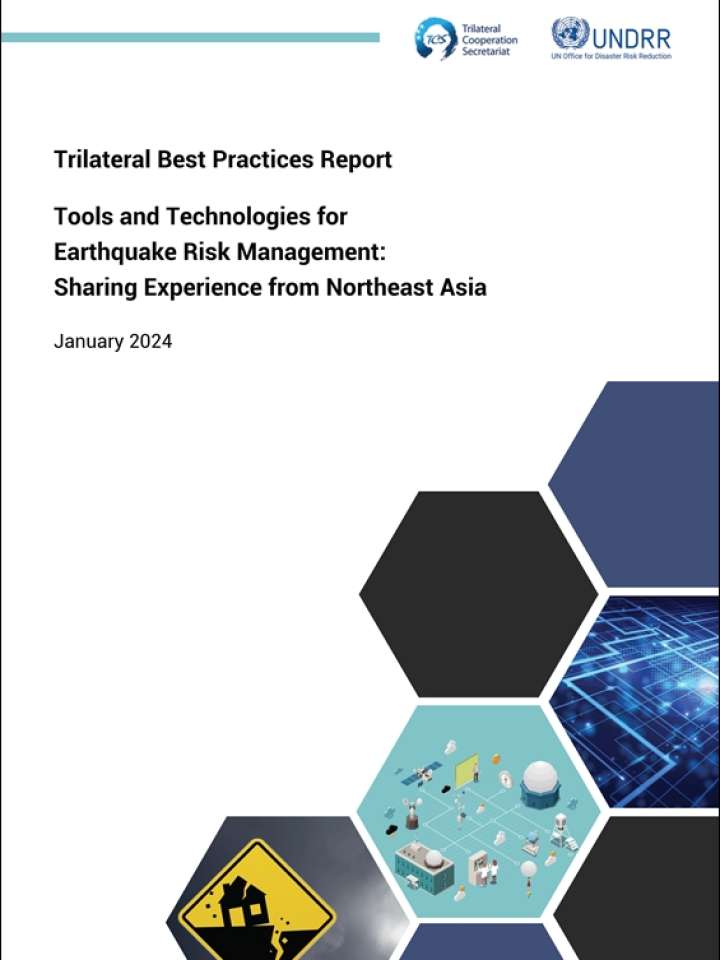
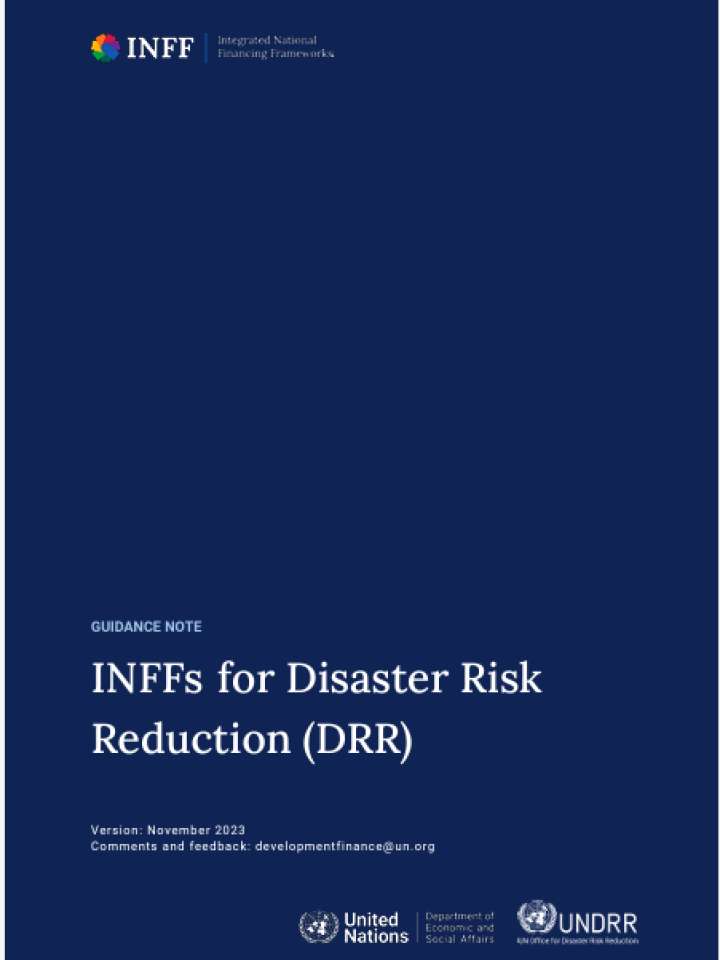
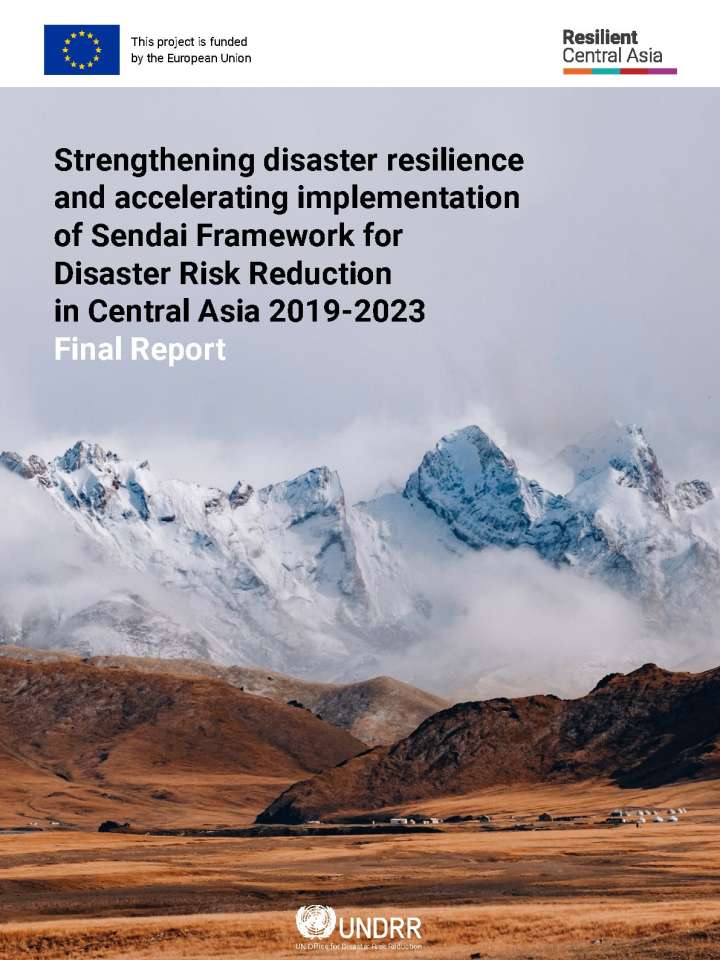
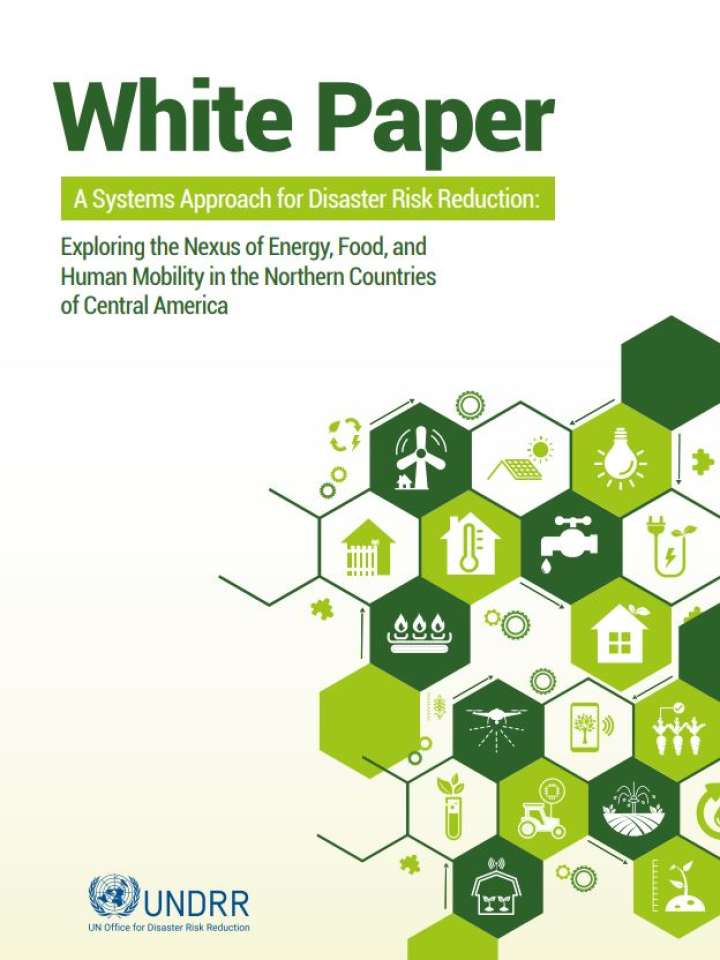

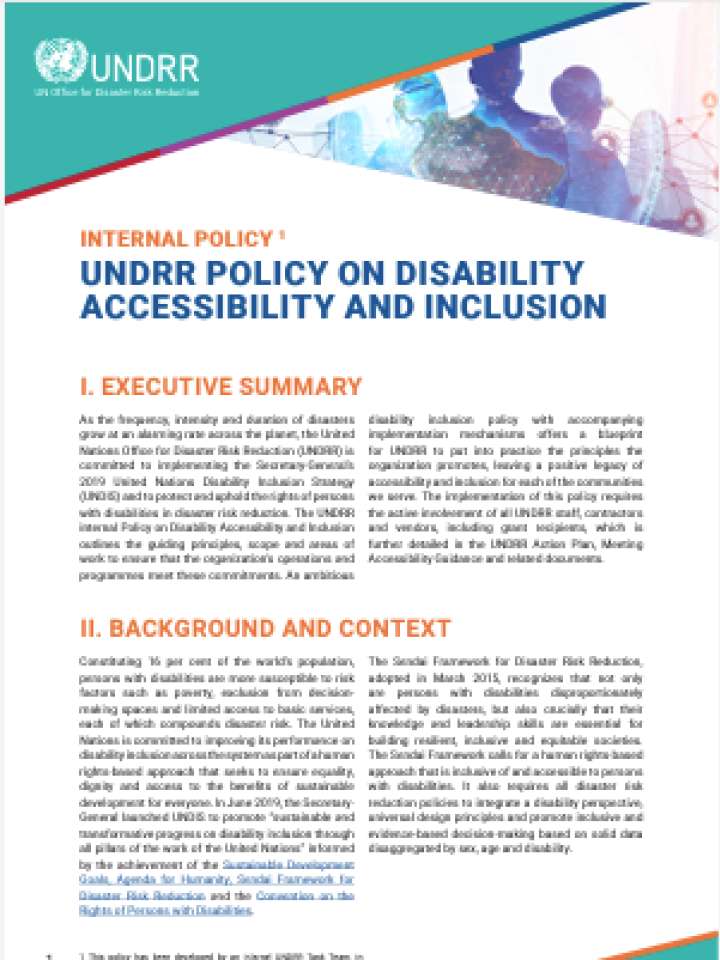



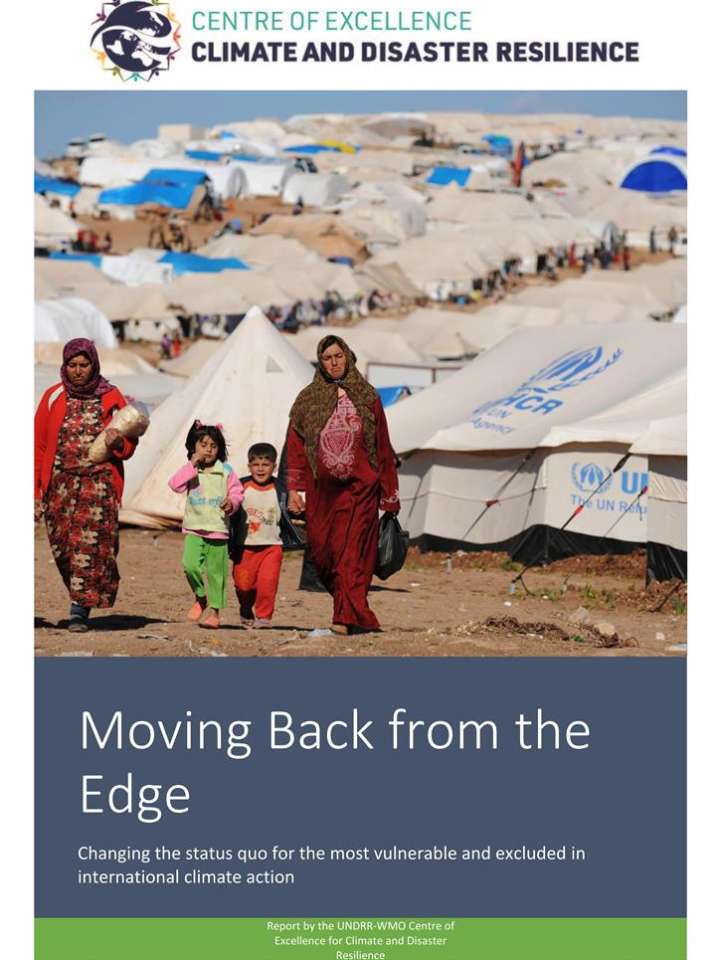
Pagination
유엔 재난위험경감사무국 동북아시아 사무소 및 국제교육훈련연수원(United Nations Office for Disaster Risk Reduction Office for Northeast Asia & Global Education and Training Institute, UNDRR ONEA & GETI)는 기후변화와 재난에 강한 사회로 거듭나는 것을 목표로, 전 세계를 대상으로 재해위험경감, 기후변화적응, 그리고 지속가능개발 분야의 방재 전문가단을 육성하기 위하여 2010년 설립되었습니다.
UNDRR ONEA & GETI는 도시방재를 촉진시키기 위한 기후변화와 재난에 강한 도시 만들기(Making Cities Resilient, MCR) 의 사무국으로써 글로벌 허브의 역할 또한 수행합니다.
UNDRR 동북아사무소 (Office for Northeast Asia, ONEA)는 재난 손실 및 위험을 줄이고 센다이 재난위험경감 강령 2015-2030의 이행을 보장하기 위해 대한민국, 중국, 일본, 몽골 및 조선 민주주의 인민 공화국의 5 개 국가를 지원합니다.
UNDRR 국제교육훈련연수원 (Global Education and Training Institute, GETI) 는 2015-2030 센다이재해위험경감강령 실천 지원과 재해위험경감, 기후변화적응, 그리고 지속가능한 개발을 위한 방재 역량 개발을 제공하고; 도시 복원력 증진을 위한 도시간 학습을 진행 및 지원하고 (기후변화와 재난에 강한 도시 만들기); 복원력 문제를 다루는 국가 교육 기관의 역량 개발을 지원하는 등 다양한 교육 훈련 사업을 수행합니다.
